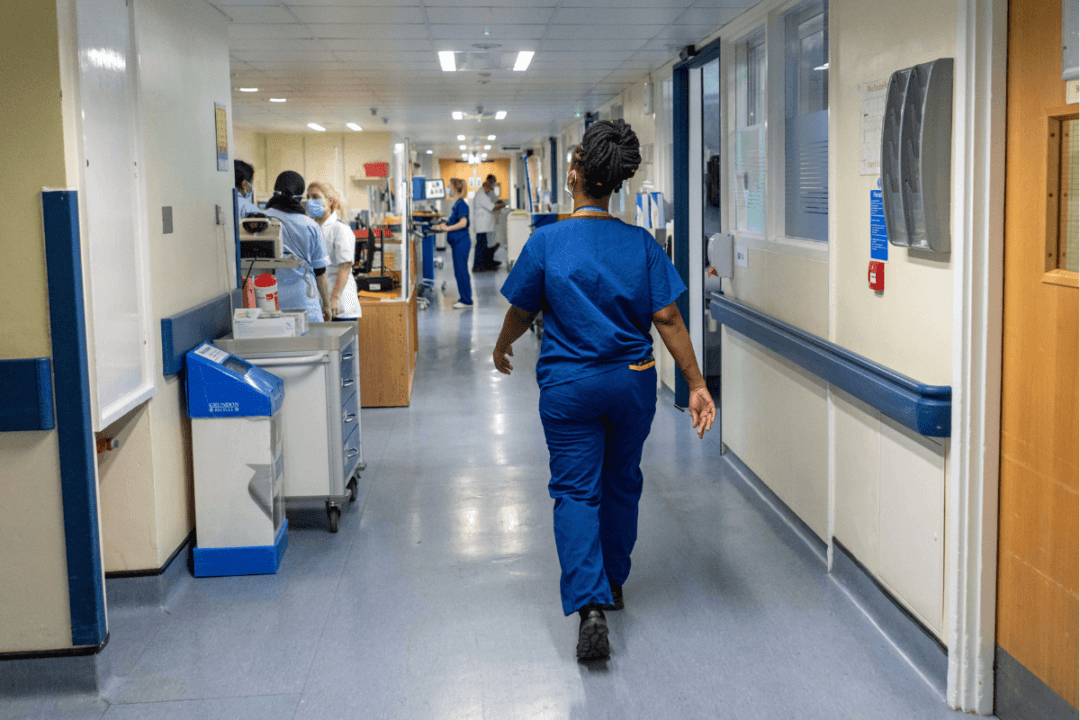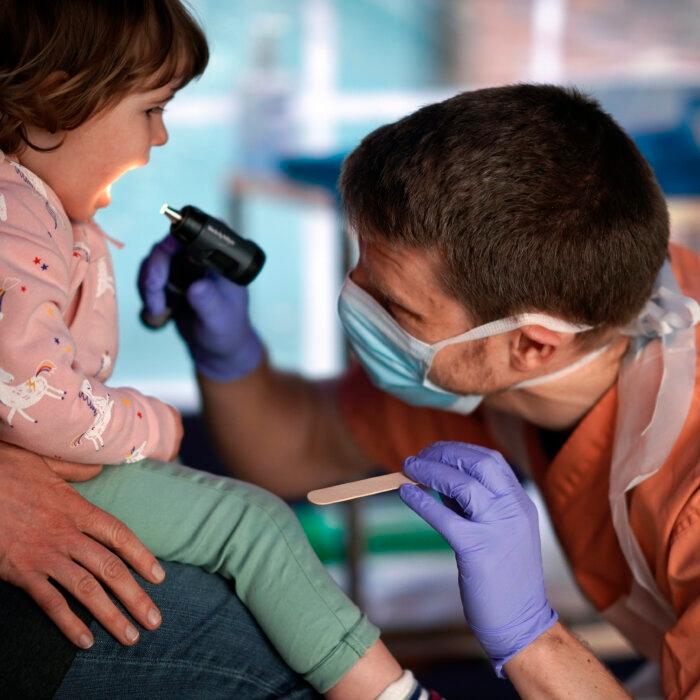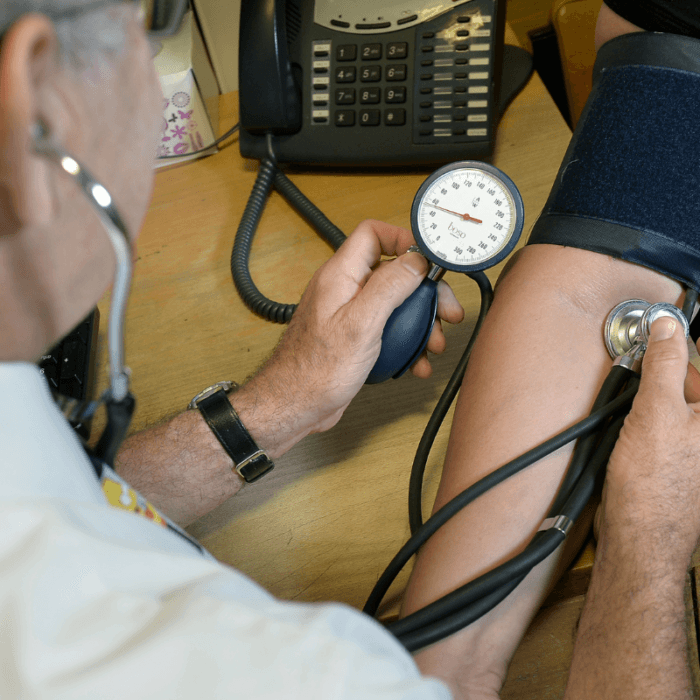The Academy of Medical Royal Colleges (AOMRC) has called for an independent, rapid review into the use of medical associates in NHS settings in England.
The AOMRC, the membership body for the UK and Ireland’s 23 medical royal colleges and faculties, said that the review should look into the roles of physician associates (PAs) and anaesthesia associates (AAs) from the perspectives of patient safety, cost effectiveness, and efficiency.
Dickson wrote in the letter addressed to Health Secretary Wes Streeting and NHS England Chief Executive Amanda Pritchard that much of this “adverse commentary” is being driven by information being shared on social media, including claims focusing on patient safety. She said that statements, counterstatements, and the resulting conversation is “almost devoid of factual information” and that the review would establish some kind of evidence base.
The Academy chair of council said that if a review returns evidence which backs the continued roll out of medical associates, the AOMRC will support it. She added, however, “If the evidence tells us that the whirlwind of anecdotes and claims on social media are in fact correct, I am sure you will agree, it will give us all cause for thought.”
“What’s important is that we can objectively assess the data around safety, efficiency and cost effectiveness and make a judgment about what precise roles in healthcare may be suitable for them and what levels of responsibility they might be safely given based on the actual evidence,” Dickson added separately.
PAs usually have a degree in health or life sciences and have undertaken two years of postgraduate training. They have been deployed across GP surgeries and hospitals to support doctors in the diagnosis and management of patients.
Other Bodies Voice Concern
While Dickson has said that much of this “disquiet” among the medical community was being driven by “misinformation” on social media, other major medical groups have voiced their concern over the use of PAs and AAs.On Sept. 20, the Royal College of GPs (RCGP) voted 61 percent in favour of opposing the use of PAs in doctor surgeries, citing patient safety grounds.
The RCGP said that in recognition of the fact 2,000 PAs already work in GP surgeries, the council approved three new sets of guidance to support practices employing them.
A survey of RCGP members in June had found that 81 percent thought that one of the challenges of using PAs was the negative effects on patient safety.
Half of the respondents said they were aware of specific examples of patient safety being compromised because of medical associates, including PAs misdiagnosing people.
Emily Chesterton
Earlier this week, the parents of Emily Chesterton, who died after being misdiagnosed by a PA on two occasions, have backed a campaign calling for more clarity on the use of medical associates.Emily Chesterton died at the age of 30 in 2022 after a blood clot was misdiagnosed as anxiety. She had been under the impression she had seen a doctor.
A coroner later ruled Chesterton “should have been immediately referred to a hospital emergency unit,” where she would have likely been treated for a pulmonary embolism and would have survived.

In response to the AOMRC’s letter, an NHS England spokesperson said the health service had already issued updated guidance on how these roles should be deployed and would continue to work with relevant partners to provide clarity ahead of new GMC regulation related to medical associates coming into effect at the end of this year.
The spokesperson said, “The NHS has always been clear about the role medical associates play in supporting clinical teams to provide high-quality care for patients – they are not replacements for doctors but support teams with specific tasks they are trained to do, under supervision.”
A Department of Health and Social Care spokesperson said that it expects health trusts to follow the guidance issued by the NHS.
“Physician associates have played an important role in the NHS for over two decades but we are clear they should be supporting, not replacing, doctors and should receive the appropriate level of supervision by healthcare organisations,” the spokesperson said.







